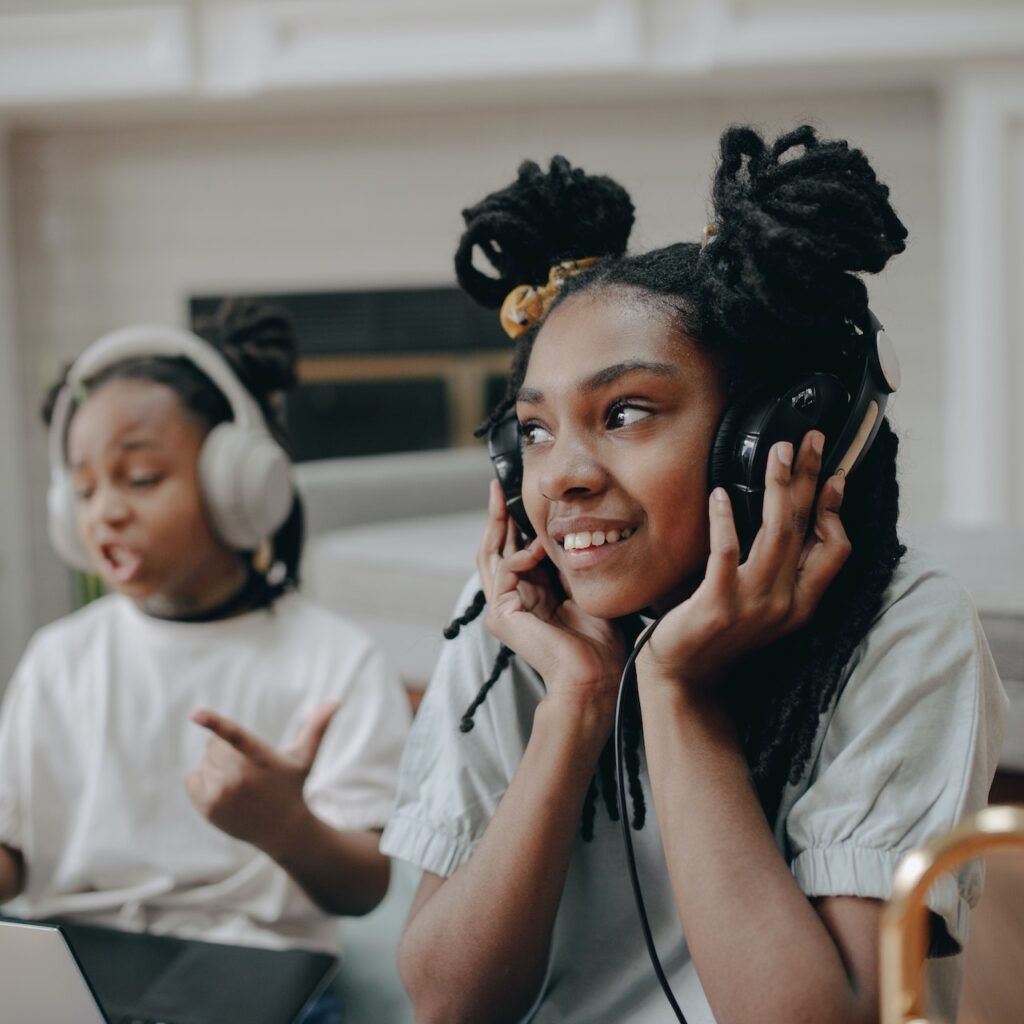At the start of the Covid-19 pandemic, there were many concerns about the spread of the disease in large crowds. A part of that concern was concerts and live performances. With new standards in place, the music industry had to adapt to the new social distancing and gathering restrictions. The result landed in virtual concerts. A way to make performers active and to keep fans entertained from the safety of home.
So, now that restrictions have been lifted, what does that leave for virtual concerts in the future?
What is a Virtual Concert?
A virtual concert is a concert that is watched from various devices such as mobile phones, tablets, PCs, and even in video games. They became a staple after the Covid-19 restrictions prevented large group gatherings. However, even now that the restrictions have been dissolved, many performers have continued the trend.
There are many ways to watch these digital concerts, but the rising popularity of Metaverse has caught many music lover’s interests.
Metaverse and other platforms
Many famous artists, such as Lil Nas X and Ariana Grande, have performed concerts in the Metaverse. The big draw to this platform is using VR (Virtual Reality) to experience the concert magic; this feature even allows concertgoers to engage with one another. Platforms aren’t just digital stages; some become infused with virtual worlds in video games.
Ranging from Travis Scott’s Fortnite concert to Breaking Benjamin’s performance in Adventure Quest 3D. The virtual world mixing with reality has become an exciting new turn in the music and gaming industry.

Why Attend Virtually Instead of Live?
Virtual and live concerts vary because no matter how realistic the platform is, live performances are a different experience. However, virtual concerts not only allowed fans to stay connected during trying times but allowed those who would usually be unable to attend concerts an opportunity. Many people aren’t able to travel, find sitters, have sensory difficulties, or don’t do well in large crowds. Virtual reality and concerts allow many to engage with communities they would not be able to do otherwise.
Virtual concerts relieved those struggling with being at home during the pandemic and continued to provide opportunities to those who may not have them.
Platforms such as Metaverse have developed ways for concertgoers to be more infused with the environment and engage with one another through the advances of virtual reality. As more well-known artists use this method to engage with their fans, the desire for more virtual concerts is rising.
For more news on music, art, and community, please check out our site!

